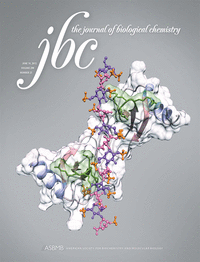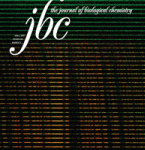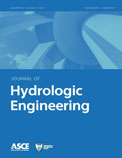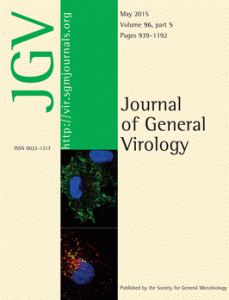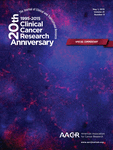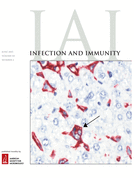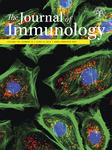 The Journal of Applied Physiology has retracted a 2012 respiratory study after the authors found “inconsistent” data that “could not be traced to their source.” It’s the fourth retraction for two of the researchers, including Erin Potts-Kant, who was arrested in 2013 for embezzling more than $14,000 from Duke University.
The Journal of Applied Physiology has retracted a 2012 respiratory study after the authors found “inconsistent” data that “could not be traced to their source.” It’s the fourth retraction for two of the researchers, including Erin Potts-Kant, who was arrested in 2013 for embezzling more than $14,000 from Duke University.
The study, “Effects of corticosteroid treatment on airway inflammation, mechanics, and hyperpolarized 3He magnetic resonance imaging in an allergic mouse model,” looked at how corticosteroid therapy, a steroid treatment used for asthma, worked on mice. It’s been cited four times, according to Thomson Scientific’s Web of Knowledge, and was one of the products of the environmental lung health research conducted by Potts-Kant and Duke professor William Foster, the other co-author on the retracted studies.
Here’s the complete retraction notice: Continue reading Duke University lung researchers cough up fourth retraction, due to “inconsistent” data
